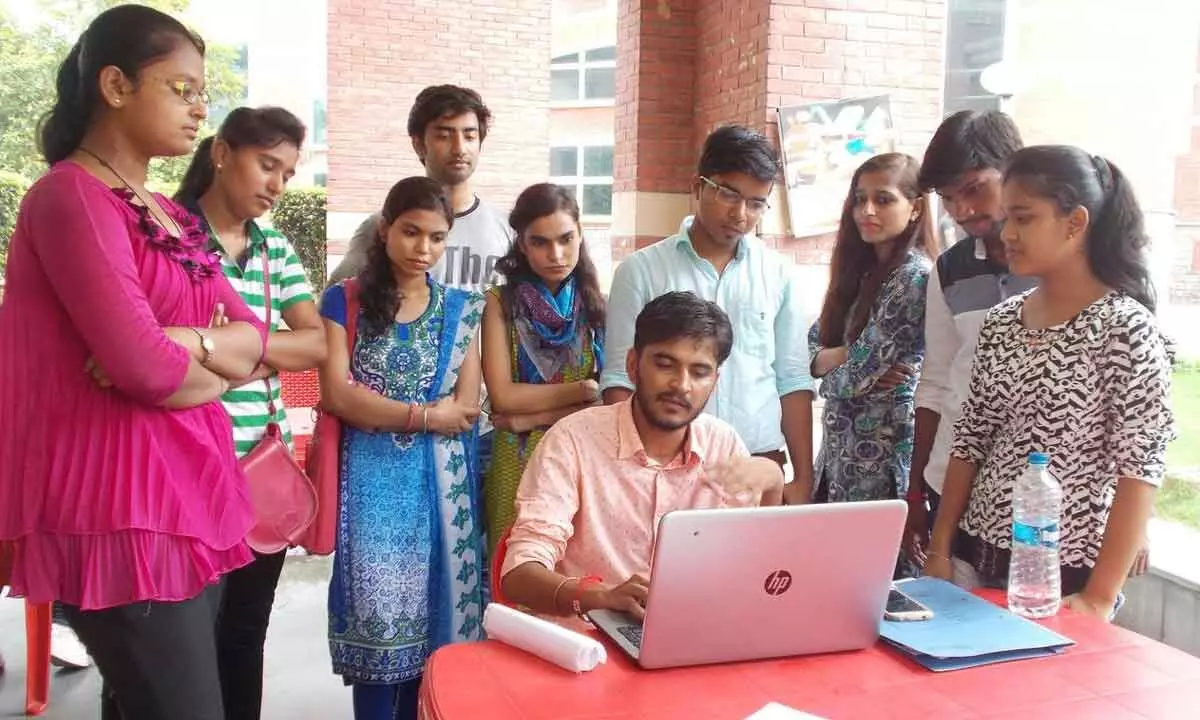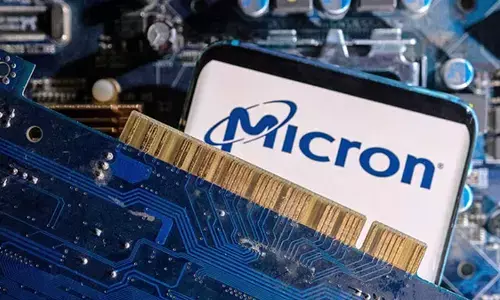Why a dynamic entrepreneurship curriculum is needed for schools

India is the world's fastest-growing start-up hub, with over 100 unicorns (valuations of US$ 1 billion or more). Entrepreneurship plays a significant role in the economic development of any country. In the 21st Century, entrepreneurship has also become a dominant issue in developed and under-developed nations because it develops efforts to improve the nation's economic welfare.
The high demand for innovative solutions has created new opportunities for education institutes to initiate new curriculums for entrepreneurship. The entrepreneurship curriculum provides a unique way to develop a creative mindset to rethink and reimagine the world with innovative approaches. Entrepreneurship has received extensive attention in India over the past decades as an academic discipline.
An entrepreneurship mindset is most needed to enhance creativity and critical thinking more than that; it is an ability that makes a consciousness in young minds so they can create opportunities that make their horizon broad, which is an effective practice.
In recent times you have heard more about developing entrepreneurship in school students because the trend changed. It has been realized that educational institutes offer knowledge, not a guarantee of employment once you graduate; they do make their space an informal market by walking the extra mile after years of schooling, which questioned the nature of the education offered to the students in a country where 54% of the population is under the age of 35.
An entrepreneurship mindset offers more than just making them think about innovation; every year, we see around 40% of the incubators involved in startups for their bright future in India.
The entrepreneurial mindset
An entrepreneurial mindset is as common as how we think, but as we say, the winners are no different, but they do things differently. Mindset involves conscious intellect in our belief system, where an individual processes the information and acts accordingly. An entrepreneurial mindset is a specific set of beliefs that drives entrepreneurial behavior. An entrepreneurial mindset starts with having the belief that the outcome will be a success and having the confidence to influence the outcome. There is a quote by Jim Rohn where he says, "formal education will make you a living; self-education will make you a fortune." The entrepreneur mindset is a blend of self-learning and formal education. It prepares the child to understand to sustain in the real world.
The rationale of the entrepreneurial mindset:
We learn consciously or subconsciously many skills in our lifetime, some of which are recognised, and some are not. But many skills are essential for the growth of an individual. The entrepreneurial mindset is predominantly about these skills. These skills come from that side of education which teaches and helps the student irrespective of their socio-economic status and drives them to contribute to the country's economy. We see many students graduating with a lack of advanced skills and innovative thinking, which is a setback for a more significant cause. According to the All India Survey on Higher Education, AISHE-2018-19, we have 993 Universities, 39931 Colleges, and 10725 stand-alone institutions, with total enrolment estimated to be 37.4 million with 19.2 million males and 18.2 million females in higher education.
The Gross enrolment ratio has increased from 25.8 in 2017-18 to 26.3 in 2018, which affects not having job opportunities or if they got a job either it is underpaid or not efficient according to qualification; now what? If they are introduced to a self-sufficient idea, they won't struggle and will be sufficient to create job opportunities. Entrepreneurs are most needed in developing countries like India. Even the government has started recognising entrepreneurs and small businesses by introducing schemes and loans introducing skill-based learning in the curriculum in NEP 2020. The state governments have already started workshops and training sessions for the students. So it's not only about learning inside the walls but learning and practicing what you have learned and experimenting with creativity.
Implications of entrepreneurial mindset in student's life
This initiative can be implemented by introducing it in the curriculum and making it more practical for the students. Focusing on the critical basics of entrepreneurship can be taught to each student, creating interest in the subject. By making it participatory, for instance, students can interview and get involved with entrepreneurs and learn from their experiences and learning exposure that will not only introduce them to real-time experience but also inspire them to learn about business.
Another way to involve students in developing an entrepreneurial mindset can be to ask them to come up with a business idea or product. Involving other students to debate about the idea improves brainstorming. This practice will improve the critical thinking and innovative thinking of the student and increase their horizon to implement the learning in real life.
Adding these activities will develop research and other helpful valuable and help them identify their interests. Students can learn the abilities such as critical thinking, identifying problems and opportunities, and understanding the fundamental nature of the market; after that, it can progress to a stage forward.
Future of entrepreneurial mindset
Change is the only constant, and the entrepreneurial mindset embraces change and uncertainty with surprises and offers more skills and abilities to individuals and society. Students need to look at the world differently and be more creative to bring the necessary change with value. Small practices add to the personality, which leads to a successful future. The entrepreneurial mindset is a reform in education that is embraced globally. We can see examples like Japan and the United States. They are the most entrepreneurial countries and are known for the innovation they give to the world. It is essential for the Indian students and is evident after the government embraced the idea and offered them help to grow.
(The writer is the Founder &CEO, SAFL India Foundation Research Scholar, University of Delhi)










